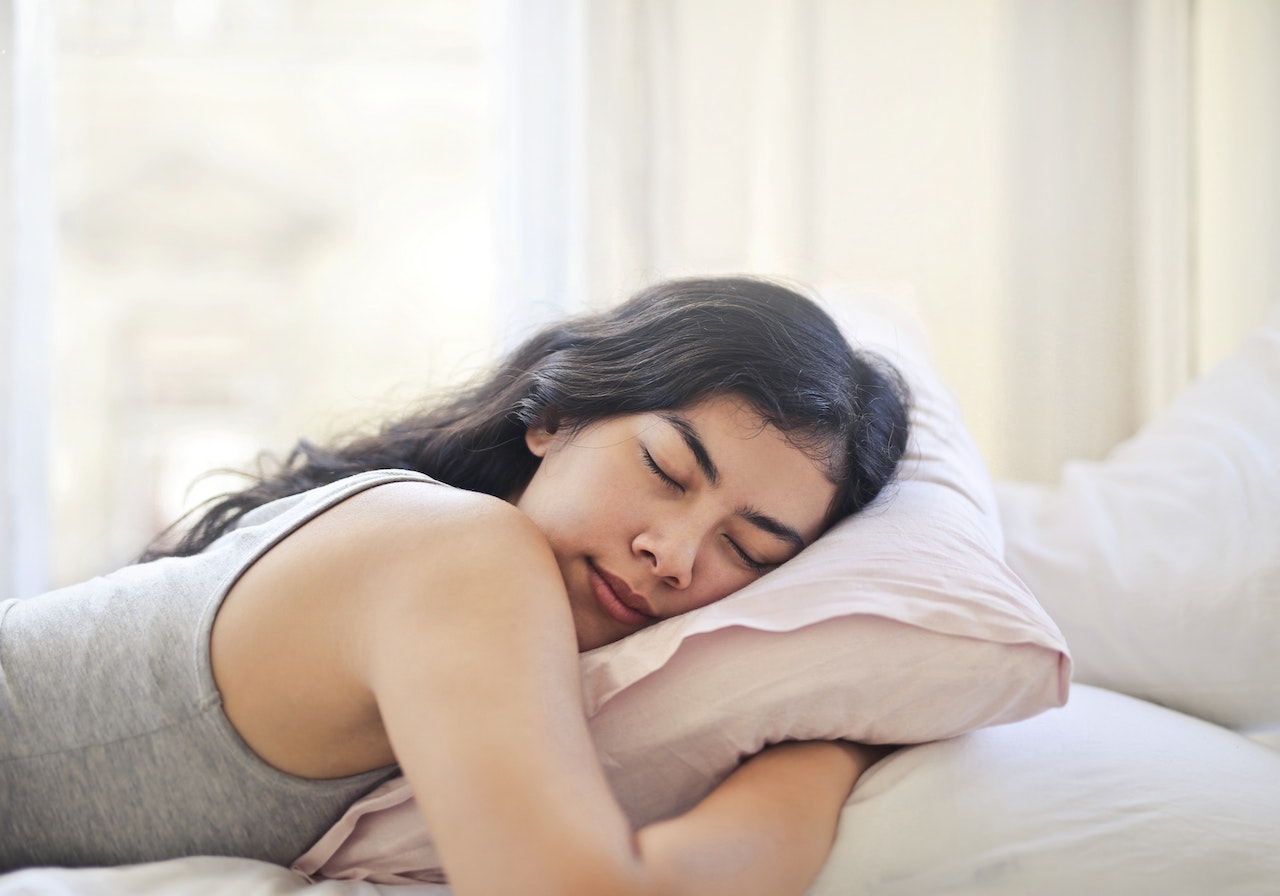In the first part of this article, we discussed the importance of sleep efficiency and how it can impact our overall health and well-being. While sleep efficiency is critical, it is not the only thing that matters when it comes to getting a good night’s sleep. In this second part, we will explore sleep quality and why it is equally important for our overall health and well-being.
As a quick recap, sleep efficiency refers to the amount of time we spend asleep compared to the total time we spend in bed. While good sleep efficiency can lead to better mood, cognitive function, and physical health, it is not enough for overall health and well-being.
Sleep Quality vs. Sleep Quantity
Sleep quality and sleep quantity are two different aspects of sleep. Sleep quantity refers to the amount of time we spend asleep, while sleep quality refers to the overall quality of our sleep. We can spend eight hours in bed, but if we wake up frequently throughout the night, we may not be getting good sleep quality.
Both sleep quantity and sleep quality are important for overall health and well-being. While the amount of sleep we need varies from person to person, most adults need between seven and nine hours of sleep per night. However, it is not just about the quantity of sleep we get; the quality of our sleep is just as important.
The Importance of Sleep Quality
Good sleep quality has several benefits for our overall health and well-being. For example, good sleep quality can lead to enhanced memory consolidation and mental clarity. It can also help regulate our mood, reducing the risk of depression and anxiety.
Poor sleep quality, on the other hand, can have negative effects on our health and well-being. It can lead to daytime fatigue, irritability, and difficulty concentrating. Poor sleep quality can also increase the risk of several chronic conditions, including obesity, diabetes, and cardiovascular disease.
How to Improve Sleep Quality
There are several practical things we can do to improve sleep quality. One of the most important things is to create a comfortable sleep environment. This means keeping the room cool, dark, and quiet. It also means investing in a comfortable mattress and pillows.
Reducing exposure to blue light before bed can also help improve sleep quality. Blue light can suppress the production of melatonin, a hormone that helps regulate sleep. To reduce exposure to blue light, avoid using electronic devices before bed or invest in blue light-blocking glasses.
Practicing relaxation techniques, such as meditation and deep breathing, can also help improve sleep quality. These techniques can help reduce stress and anxiety, promoting better sleep quality.
Conclusion
Sleep efficiency is an essential aspect of sleep that should not be overlooked. However, it is not the only thing that matters when it comes to getting a good night’s sleep. Sleep quality is equally important for our overall health and wellbeing. Good sleep quality can lead to enhanced memory consolidation, mental clarity, and mood regulation. Poor sleep quality, on the other hand, can lead to daytime fatigue, irritability, and an increased risk of chronic conditions.
To prioritize both sleep efficiency and sleep quality, we should aim to get between seven and nine hours of sleep per night and create a comfortable sleep environment. We should also reduce exposure to blue light before bed and practice relaxation techniques to promote better sleep quality. By prioritizing both sleep efficiency and sleep quality, we can promote better health and well-being.
Do you want to start getting quality sleep every night? Sleep Under Cover is here to guide you on the best tools you can buy to aid in your sleep issues. Sign up for our newsletter today!

